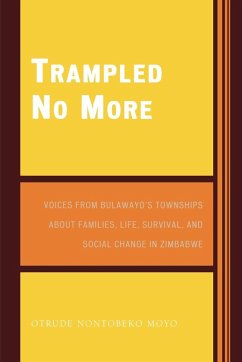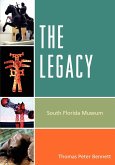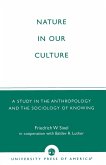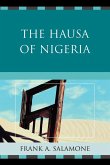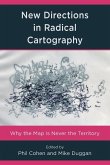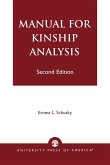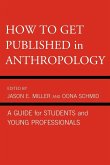The stories of the Zimbabwean situation, particularly those of the urban townships of Bulawayo, are poignantly narrated through the voices of family members recounting their personal circumstances and what they perceive as the primary factors contributing to their repressed positions in the socio-economical hierarchy. Using an insider's perspective, Professor Moyo goes behind the scenes in order to dismantle the simplistic "blame game" which asserts that the deterioration of Zimbabwe was caused solely by the current ZANU-PF lead government. The study details the historical context and interpretations of history, which led to the much-discussed Zimbabwean political and economic crisis. Socio-economic policies that shape, and continue to shape, the complex livelihoods of the Zimbabwean people are also attributed to current and future conditions. The author argues that within the Zimbabwean situation these contributors and their counters have not encouraged the prioritization of the needs of the most vulnerable population groups, but rather, that they have a tendency to hinder their general well being by limiting fundamental resources such as access to basic necessities, freedoms, affirmation of communality and individuality. Through the narratives of the Zimbabwean people, Professor Moyo highlights some of the acute strategies they and their families have used to survive as a way to explore future policy avenues that take into account people's "agentiveness" (the capacity to overcome unfavorable conditions by utilizing what little resources are available), Zimbabwe's greatest asset.
Hinweis: Dieser Artikel kann nur an eine deutsche Lieferadresse ausgeliefert werden.
Hinweis: Dieser Artikel kann nur an eine deutsche Lieferadresse ausgeliefert werden.
Dr. Moyo persusasively argues for the use of biographical narration and varieties of story telling to get at important information about the social structure, self-perception and therefore possibility for household, community, and social policy change in these areas [Zimbabwe and its townships] and by extension possibly in other parts of Africa. The introductory material describes how Dr. Moyo has developed as a participant observer who brings new things to her perceptions of her culture as she becomes increasingly a person of two worlds, a scholar looking from the outside and a daughter of the area with a history and connections which are intensely personal. This puts her in a privileged relation to her subjects, but her current distance also supplies the new questions which this book begins to address. -- Kathleen J. Wininger, Professor of Philosophy, University of Southern Maine

